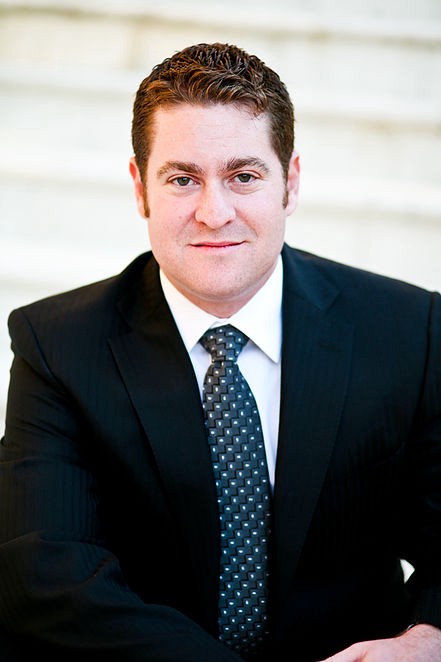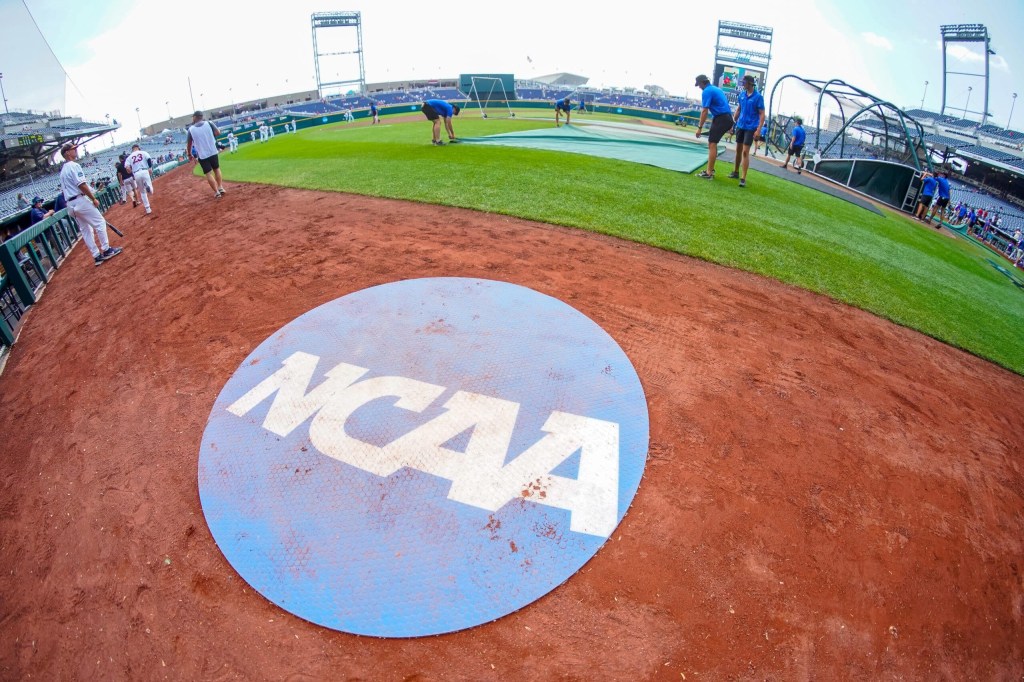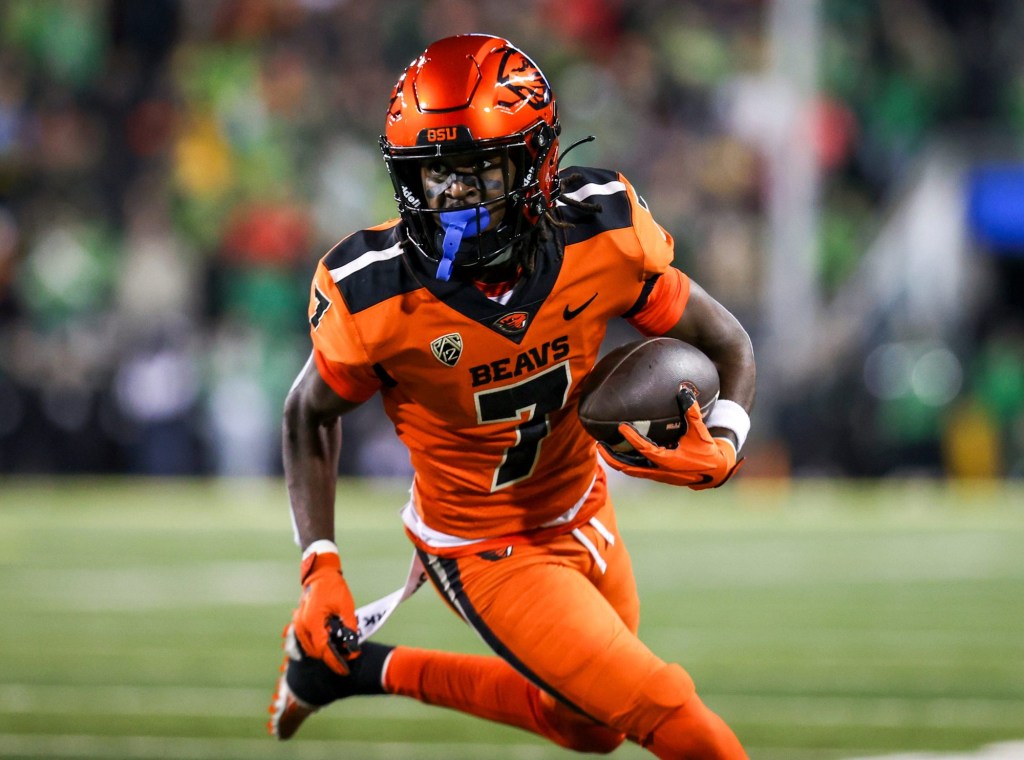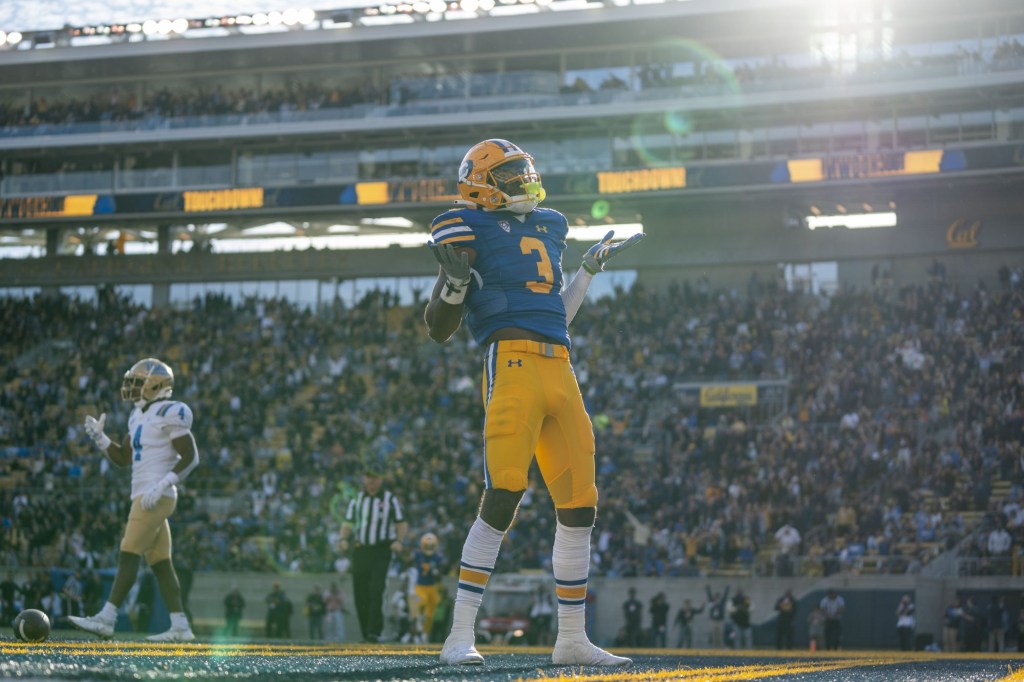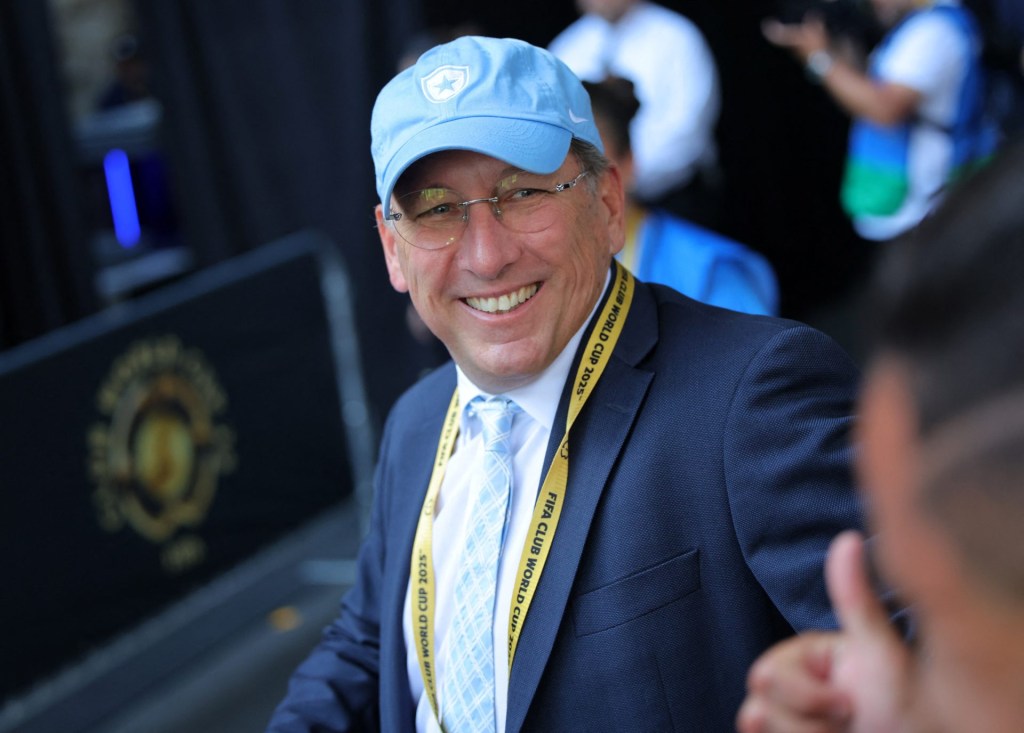By: Adam White, @FOSAdam

Front Office Sports is proud to have sat down with Marc Edelman. Marc is an alumnus of UPenn where he recieved his Bachelor’s degree from the Wharton School as well as the University of Michigan, where he recieved his Juris Doctor. An expert in sports law, fantasy sports law, antitrust, intellectual property, and gaming law; Professor Edelman has been cited by the media on a wide range of topics, including how the Sherman Act applies to professional sports leagues, how gaming laws apply to fantasy sports contests, and how legal issues pertain to the NCAA principle of amateurism. He was gracious enough to offer up his time and insight into the world of sports law, what students need to do to be prepared for success in the sports industry and why finding your passion is of utmost importance.
How did you end up where you are today? Did you always see yourself in this position?
Upon hearing this question, it was evident that Marc was fond of the path he took to get to where he is today; he said, “I knew from the time that I was very young that I wanted to work in sports, but when I realized that my fastball topped out in the high 60’s I knew it wouldn’t be as a player.” Early on, he wanted to be a commissioner of a professional sports league. Because of that, he took all of the necessary steps to get there and had his first job out of law school at Skadden. He knew very well that Bill Daly (Deputy Commissioner of the NHL) began his career there and that they handled the sports law work for many of the top leagues in the US.
During college, Marc began conducting independent research on legal issues in sports with the goal of making himself more marketable for firms. It was then that he found out that he really liked the research side of sports law rather than the full-time practice aspect. As a second-year associate at Skadden, he had the opportunity to adjunct teach a sports law course on Tuesday nights. There, he found himself enthralled in the idea and practice of being a professor. It was safe to say that Tuesday’s were the days he looked forward to the most during the week. Before long, he realized he had found his two passions and wanted to pursue them so he did; he said, “After several years of big firm practice, I decided to make a full time career out of the activities I enjoyed the most, writing and teaching about sports law. Unlike before where I spent 90% of my time as a practitioner and 90% of my time teaching, now I was spending a majority of my time doing academic research and teaching and a minority of my time consulting. I couldn’t be happier.”
As a professor, what is one thing you want to make sure your students learn by the time they are done with your class?
After taking a second to gather his thoughts, he made it quite clear the expectations he has for his students and how he wants those expectations to have a lasting impact; he said, “I want my students to understand the level of professionalism and attention to detail that is required in the business marketplace irrespective of what particular career they choose.” In his opinion, the disconnect between these things and academia are at an all-time high saying, “One of the things that I think is horribly underemphasized in academia is the importance of being on time, being prepared and putting your best foot forward everyday. There are too many courses taught in college in huge lecture halls, where the students don’t get the opportunity to interact with their professors and there is no relationship built.”
What is the most exciting part of the sports law field?
In what amounted to one of the most passionate answers of the interview, he said that “legal issues in sports are pertinent not only in academia; they are issues with mainstream importance to fans and society overall based on the great role sports plays within the American culture.” In his eyes, the aforementioned reason allows him and the work he does to make a difference; he said, “When I write about the NCAA and the Anti-trust issues, it is a lot more than just words on paper, it is tackling an issue that is very much in the public eye and one that is in the courts. By writing on these issues I have a very real chance of shaping the way that courts view issues with respect to the treatment of student athletes along with how the public and politicians view these issues.”
If you could go back and give 20-year old Marc any advice what would it be and why?
Throughout our time together he was always adamant about being passionate and finding what it is that you’re passionate about; this was made very clear when he said, “You will receive all different kinds of advice about what you should believe, how you should build your career, how to become wealthy and a host of other topics. In your brain, you may rationalize all of these suggestions and take what you think is right, but your heart is just as important as your brain and it is important to figure out what you’re passionate about as soon as possible.”
If you had to hire someone today for a legal position in sports, what traits would you like a candidate to possess?
Like many others, he stressed the need to have “good work ethic, loyalty and professionalism.” He illustrated this fact from a personal story in which he said, “When I was teaching at a small school in Florida, I needed to hire a research assistant to work with me for pay. There were several candidates that were interested and the person I originally hired had absolutely extraordinary grades but that person had a lot of difficulties delivering accurate information on time. One of the others I didn’t choose to hire, because their grades weren’t as good, expressed an interest in doing research for me for free. This person went far above and beyond the call of what I had asked. Long story short, the second person became my paid research assistant and I no longer hire research assistants based on grades.”
Practical experience or grades?
A firm believer in having a balance between academia and in person skills, he stressed the need and benefit to having both by saying, “Despite what I was taught growing up, the reality is that not everybody in life begins on an equal playing field and it is just as important who you know as it is what you know. This does not make studying hard any less important, but in addition to distinguishing yourself academically, it is important that you put yourself in a position to meet people within the industry in which you work and you make yourself likable to them.”
If you were a student today what would you do to prepare yourself to enter the challenging legal setting of sports?
As a true proponent of having a business background to succeed in sports, Marc said, “I would try to get a broad-based business education.” He also stressed the importance of both writing and public speaking skills, stating they are “extraordinarily important and for those students who are shy or afraid of public speaking I would join an organization or take a public speaking class.” He summed it up saying, “I would encourage any students to try and pursue experience in the field, build a network, work on public speaking skills, take one or more courses involving the sports industry, and get a broad based business education while in college.”
Parting wisdom?
One of the things I tell students very early on is to figure out what they are passionate about and to pursue their passion. In a society where we work so many hours a week, happiness at work plays a huge role in our overall happiness. I strongly recommend that you pursue a passion and not the highest possible pay check.
Saying I love working in sports may be overly broad. There are so many jobs in the sports marketplace. I behoove students who are in their undergraduate degrees to not think just about how much they love sports, but also what area of business they are passionate about.
Don’t just think about sports management as a degree. Find a substantive area of business you are passionate about and look to study that as well.
In the ideal world a student will strive to achieve strong grades and great social skills. This will allow them to excel in work, meet people, be social and develop the skills that make it more likely to be put in front of people that may hire you based on your underlying substance.
I see many undergraduate students making the same mistake. They view college as a race, a way to get to the finish line as quickly as possible. The goal of college should not be to just get a diploma. A diploma does not guarantee you a job and a diploma in a major that you are not passionate about, does not put you ahead. I look at college as being a learning experience; the goal should not be to leave as quickly as possible, but to really figure out where your passion lies, where your skillset lies and where the union of what your good at and what you like comes together as one. When you walk out of the door after graduation, you should leave college with more than just a degree, you should have a direction and you should know more about yourself as a person. If you haven’t developed these skills yet, you might have picked up a diploma, but you have not truly graduated to the next stage of life.
Marc is an Associate Law Professor at Zicklin School of Business at Baruch College, a Summer Adjunct Professor at Fordham Law School, an Experienced Sports, Antitrust, Gaming & IP Attorney and a writer for Forbes.
We would like to thank Marc for taking the time to offer up his story and insight!
